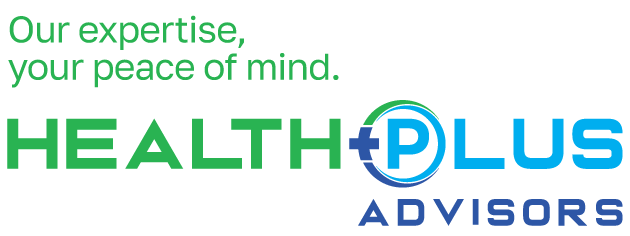HealthPlus Advisors understands the importance of selecting the right coverage to meet your needs. When navigating this decision-making process(coverage selection process), carefully considering various critical aspects is essential. Your coverage should align with your current healthcare requirements and anticipate potential future needs. It’s crucial to evaluate factors such as network coverage, out-of-pocket costs, and the quality of customer support offered by the insurance provider.
Know Your Healthcare Costs
At HealthPlus Advisors, we ensure that individuals with Medicare Advantage plans, regardless of their provider, understand the yearly limit on out-of-pocket costs for covered services. Once this limit is reached, beneficiaries won’t have to pay for covered services for the remainder of the year.It is one of the key area for your coverage selection process.
Every year, beneficiaries receive an ‘Evidence of Coverage’ (EOC) and an Annual Notice of Chance (ANOC) document from their health provider, usually in September. These documents outline what the plan covers, associated costs, and any changes for the upcoming year. Beneficiaries must review them carefully to ensure their plan meets their needs. If they don’t receive the ANOC and EOC as expected, they should contact their health provider promptly for the necessary information to make informed decisions about their coverage selection process.
Consider the Services You Need
Receiving precise details about what health insurance plans cover is crucial. Here’s what you should know:
- Your health insurance should cover the most essential services and supplies at hospitals, doctor’s offices, and other medical facilities. But things like eye exams, dental care, and routine checkups might also need to be covered.
- Medicare Advantage plans offered by any health provider must cover all medically necessary services that your health provider covers. Beneficiaries may need approval from their plan before it covers certain services or supplies. Additionally, these plans may offer extra benefits such as vision, hearing, and dental services not covered by your health provider.
Consider Your Prescription Drug Coverage
Ensure you understand the prescription drug coverage options under your health plan from any health provider. Here’s what you need to know:
- Do you need prescription drug coverage? If you have a plan from any health provider, you’ll need a Prescription Drug Plan (Part D) for medications. Some plans include prescription coverage, while others require you to purchase it separately.
- Do you have creditable prescription drug coverage? If you have other coverage, you might only need Part D after some time. But watch out for late enrollment penalties if you need more creditable coverage.
- Will you pay a penalty for late enrollment? Accessing enrollment without creditable coverage may lead to penalties.
- Check the star rating of your quality plan.
- Compare costs for your prescriptions under each plan, including premiums and out-of-pocket expenses.
- Make sure your medications are covered and understand any coverage rules.
- Some plans offer free Medication Therapy Management (MTM) programs. Check if you’re eligible.
Consider Your Doctor and Hospital Options
Clarifying doctor and hospital choices under healthcare plans is crucial. Here’s what you need to know:
- Do your doctors accept the coverage? Ensure your preferred doctors and hospitals accept the coverage provided by your health provider.
- Are the doctors you want to see accepting new patients? Ensure the doctors you wish to visit accept new patients under your healthcare plan.
- Do you have to choose your hospital and healthcare providers from a network? With healthcare plans, you may need to select doctors and hospitals from a network your health provider provides.
- Do you need to get referrals? Depending on your healthcare plan, you may need referrals to see specialists. It’s essential to understand this requirement.
Travel Coverage
It’s important to understand travel coverage options under healthcare plans. Most healthcare plans don’t cover medical care outside the U.S., but some might offer extra benefits for emergency and urgently needed services while traveling abroad.
Reviewing these elements with your insurance agent ensures that your chosen coverage provides comprehensive protection and peace of mind for you and your loved ones and also help you in the coverage selection process.


